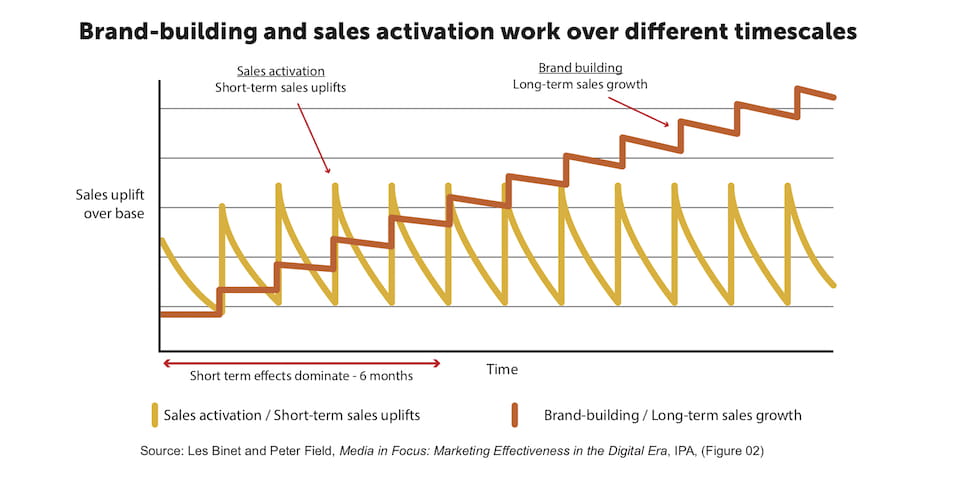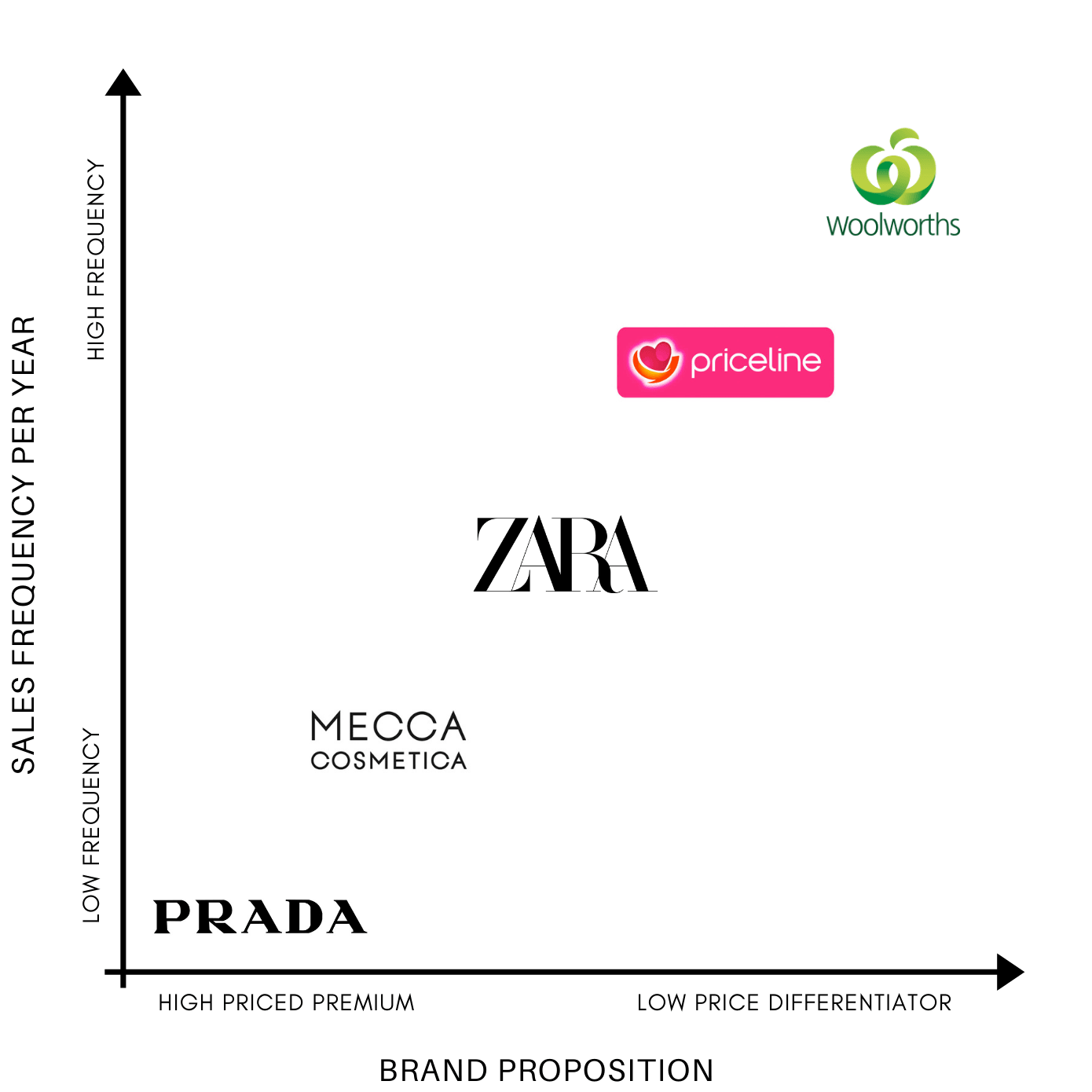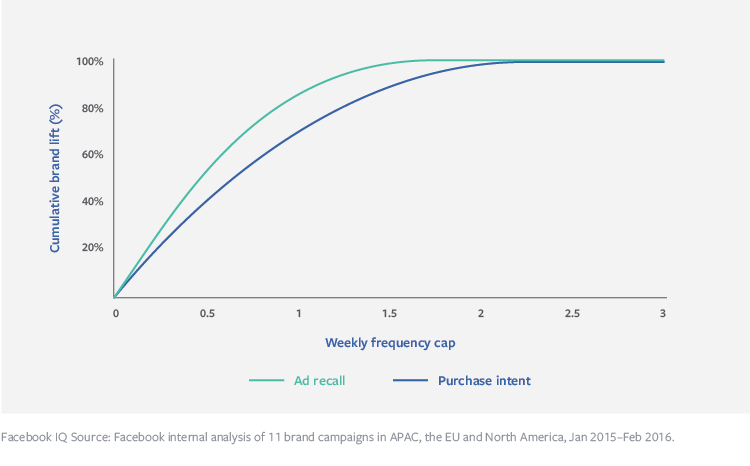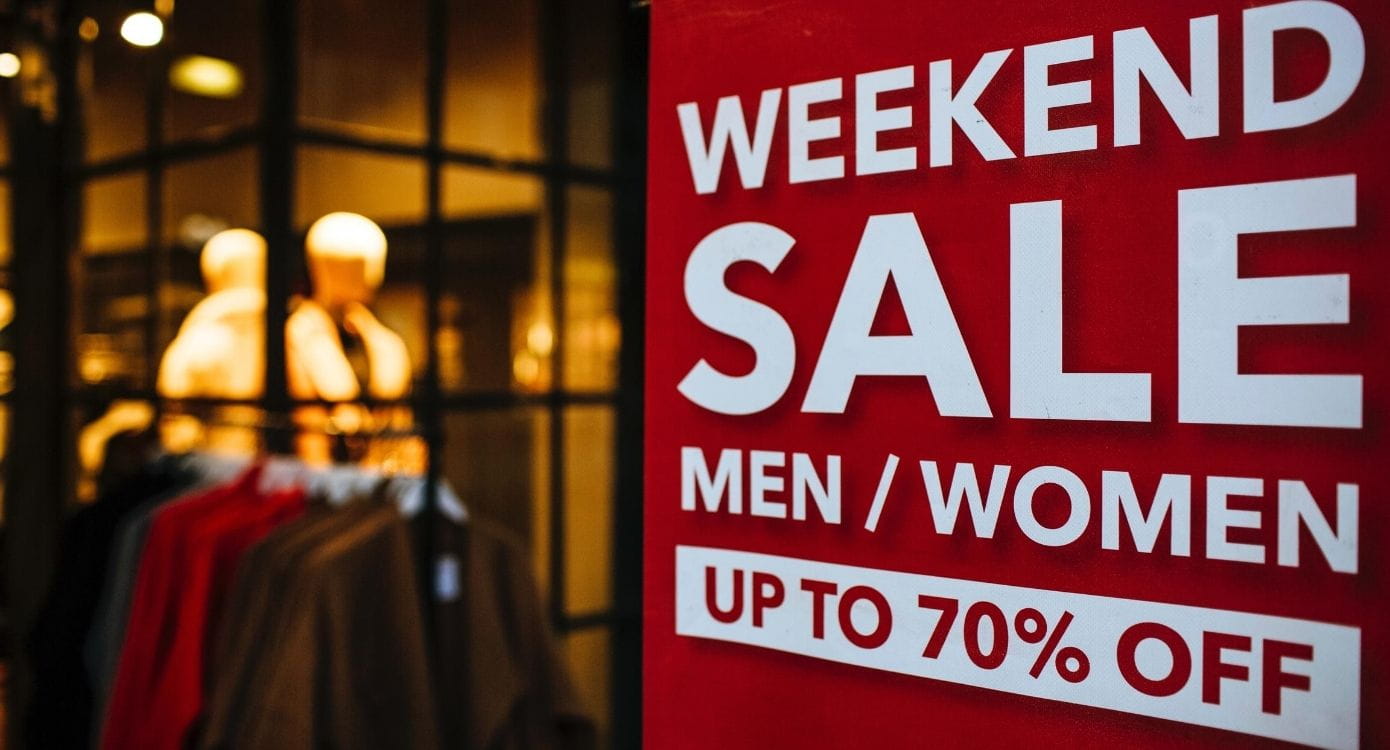The Power of Promotions and Sales in Driving Revenue
Sales promotions are an important way for retailers to boost sales and gain new customers. Yet an over-reliance on sales promotions can lead to decreased profitability and reduced brand equity over time. Running promotions too often can decrease brand value and not running them often enough can put you on the backfoot of competitors.
While there’s no single answer as to how often you should run sales, we’ve pulled together what you need to consider for your business when running a sale, including top tips from the former head of digital at brands such as Priceline and Decjuba, Martina Ellis.
What Are The Benefits of Running a Sale?
Sales Promotions Drive Short-Term Revenue Growth
Brand building and sales promotions are the two main forms of marketing communications. When used well together, they have been shown to drive long-term growth. Whereas brand building supports long term sales growth, sales promotions result in short term spikes in revenue.

Research from Big Commerce, found “every single industry [they] looked at saw measurable and impactful conversion rate lifts from running promotions…”. So, running sales should result in these short term spikes in revenue regardless of the industry.
Ability to Reach New Customers
Running a promotion, particularly over festive periods, can provide opportunities for you to acquire new customers. An appealing sale can put your brand in customers’ consideration set and encourage an initial purchase.
Research from Google found that “79% of Aussie shoppers are open to buying from retailers they haven’t before during Christmas” (Google Retail Academy, 2020).
Leverage customer’s openness to new brands with an appealing and relevant sale over the holiday period.

How Often Should You Run a Sale?
The frequency of your sales promotions depends on your brand, goals, and product.
According to Martina Ellis, former head of digital at brands such as Priceline and Decjuba, more traditional retailers will run 2-4 major seasonal promotions each year, sprinkling in smaller promotions throughout the year.
Brand Perception: Low Price vs High Price Products
Research tells us that while lower-priced products benefit from more frequent sales, higher-priced products benefit from larger sales discounts (K. Sivakumar, 1996). Retailers selling premium brands may only run one annual sale but do so with discounts that get attention and drive revenue.
Conversely, if price and value for money are part of a brand’s value proposition, then more frequent sales should not only work well but be expected.

Think about Coles & Woolies, they’re in a constant war over cheaper prices. The products are lower priced fast-moving goods. So more frequent sales work well and are expected from customers.
Priceline is another brand that will regularly run sales promotions on various products. On the other hand, Mecca’s brand offers a more premium experience, so frequent sales would devalue the brand. In this case, it’s the scarcity of the sale that makes it so effective.
Running Sales Too Frequently
Like chocolate cake for breakfast, too much of a good thing might not be so good for you. There are some good reasons to avoid running sales promotions too frequently.
#1 Reduced effectiveness over time
Sales promotions involve segmentation and targeting. You’re speaking to only those people most likely to buy from you. When used wisely, targeting helps increase revenue at reduced cost-per-acquisition. Over time – and without the right amount of support from brand communications – you’ll start to see cost-per-acquisition rise again and fewer people purchase.
#2 Reduced brand equity
Running sales too often can result in conditioning people to only engage with you during sales. This can devalue your brand in the hearts and minds of your customer and ultimately hurt the profitability of your business. This important for brands that are not trying to compete based on cost.
#3 Reduced profitability
A sales promotion is a bet that temporarily lowering its margin will result in a higher volume of transactions that yield a greater total profit. Some businesses also use sales to manage stock levels or attract new customers who might be promoted to try your product at a reduced cost (risk). The more frequently a business runs sales the more common it is to run on lower margins, which can ultimately hurt the bottom line.
How Long Should You Run a Sale For?
Flash Sales
Flash sales are a great way to encourage quick purchases, unload excess inventory, and acquire new customers. Keeping the sale time frame short, from 24-72 hours encourages a sense of urgency. This taps into the customer’s FOMO for immediate purchases.
Ad Promotion Frequency on Facebook
If you’re running a more general promotion, it may require a longer frequency. Facebook Marketing Science ran an experiment to test the most effective frequency level for ads. The research found that ad recall and purchase intent both increased with the frequency of exposure.
They recommend running your ads for at least 1 week for optimal recall and purchase intent.

Things to Determine When Sales Are Right For Your Business
Sales promotions are an effective lever to increase revenue, acquire new customers, and manage stock levels. Pull this lever too often without a healthy balance of brand building and it will become less effective, devalue your brand, and harm profitability.
Determining what’s right for your business means factoring in:
- Your category – what do customers expected?
- Your brand – do you compete on price or something else?
- Profitability – how do sales impact profitability?
- Stock levels – do you need to reduce risk by clearing inventory?
- Marketing activity – what other marketing activities are your competitors running?
What’s important is good planning and finding the right balance for your business. Sales promotions are a great tool, but like all tools, it’s how you use them that counts. Successful campaigns consider all aspects of business & marketing, not just price & promotion. So, remember to be strategic with your campaigns and stay true to your brand.







